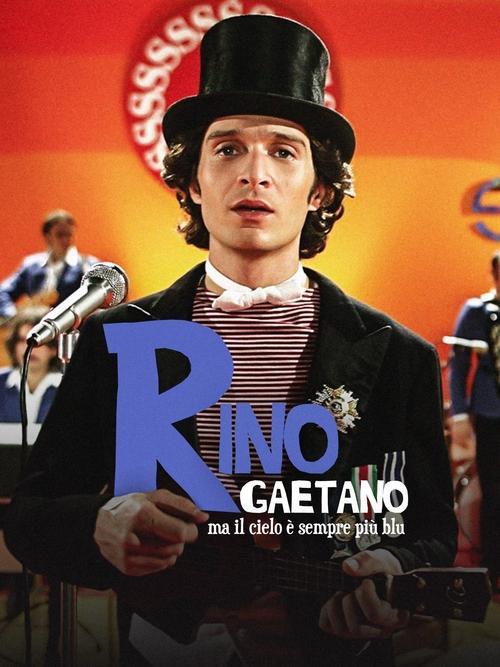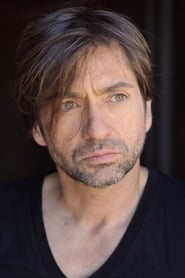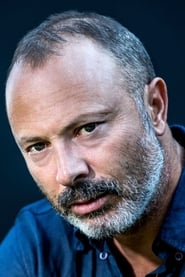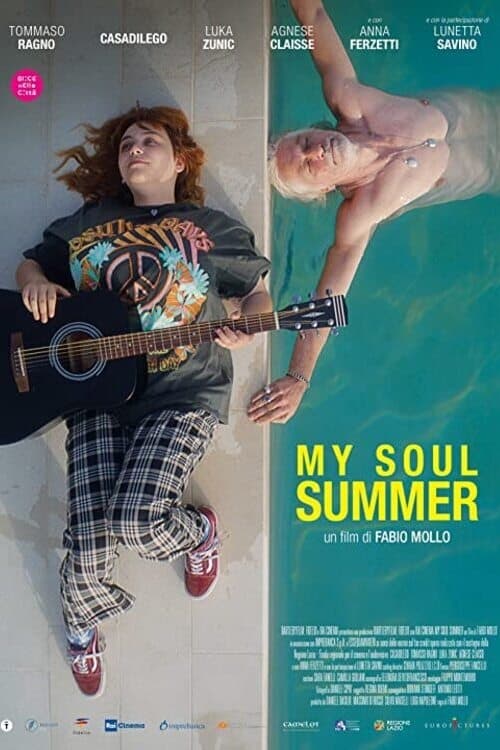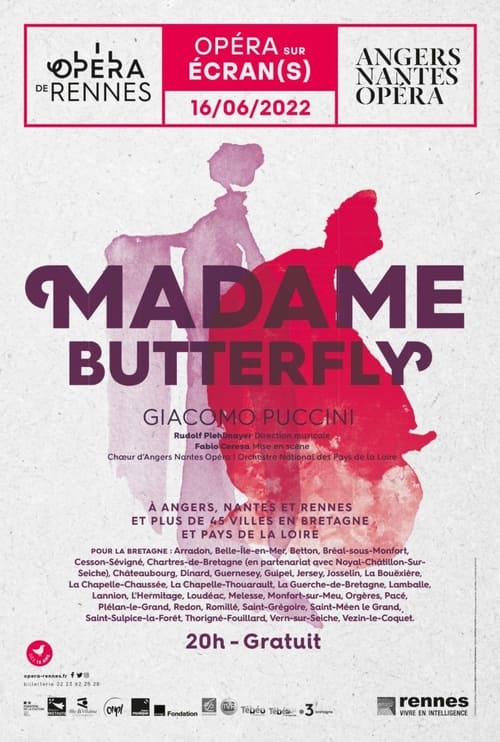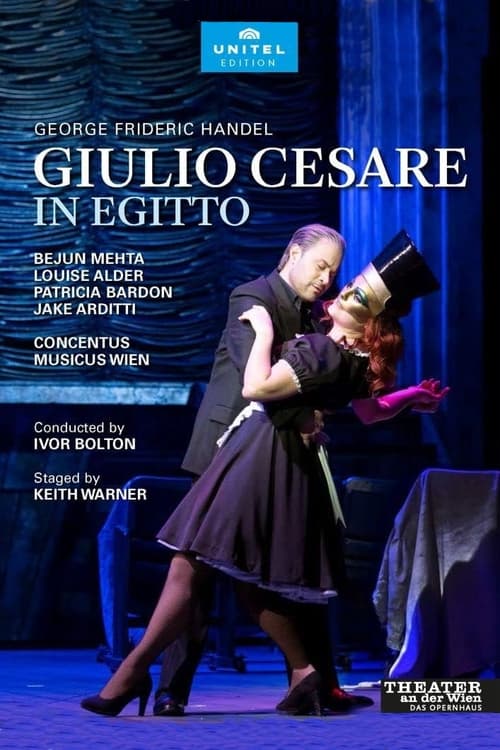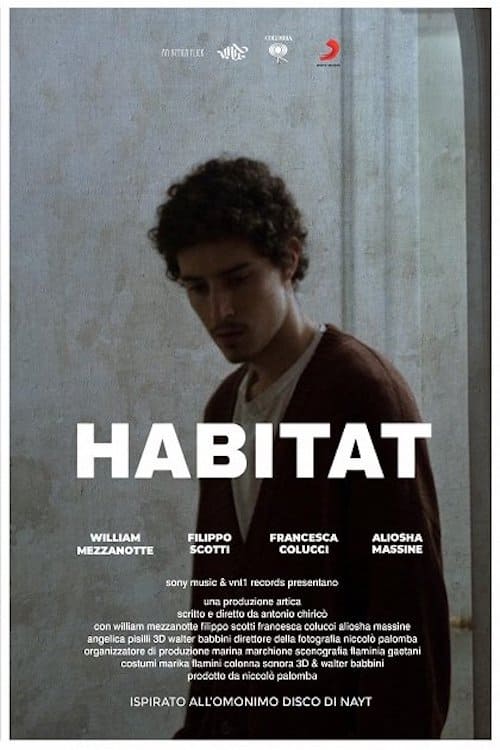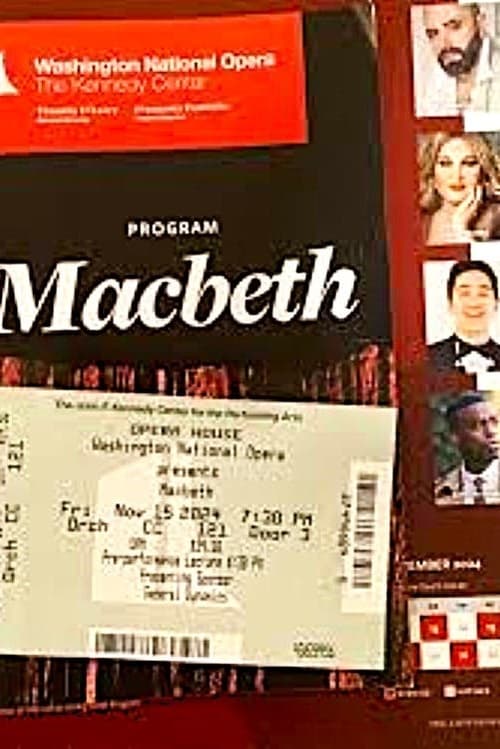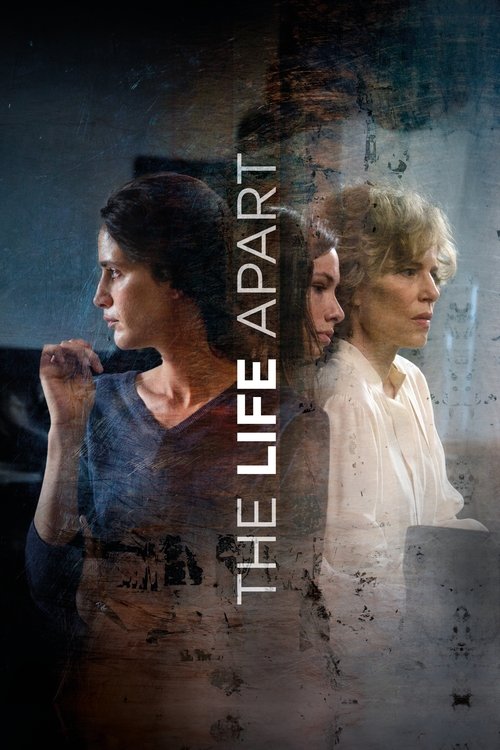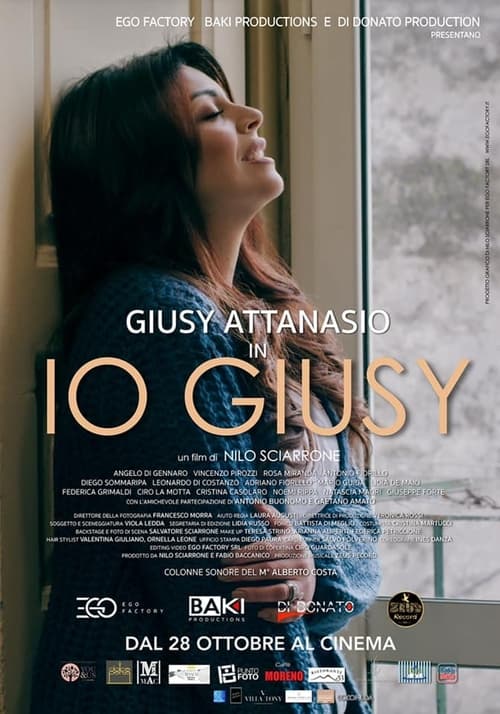
Ask Your Own Question
What is the plot?
In the early 1970s, Rome hums with the restless energy of a new decade, a city where tradition and rebellion collide. Amidst this vibrant backdrop, Renato Gaetano--known to the world as Rino Gaetano--navigates the uncertain path of a young aspiring musician. Born to Calabrian immigrant parents, Rino is a striking figure: a slender, intense young man with a mop of dark hair and sharp, ironic eyes that seem to pierce through the veneer of Italian society. His mother, Maria, is his quiet supporter, nurturing his dreams with gentle encouragement, while his father, Mario, embodies the old world's pragmatism, urging Rino toward the security of a postal worker's uniform rather than the precarious life of an artist.
The story opens in a dimly lit Roman bar, the Folkstudio, where Rino performs an impromptu, satirical song titled I Love You Maryanna. His voice is raw but compelling, his lyrics laced with irony and social critique. The audience is small but attentive, and among them is a talent scout from a modest record label, who sees in Rino a spark of something rare. This moment marks the beginning of Rino's tumultuous ascent into the music world, a journey that will intertwine passion, conflict, and tragedy.
Rino's early days are a patchwork of small gigs and auditions, his guitar and notebooks his constant companions. His relationship with his father is fraught; Mario's voice, firm and unyielding, echoes in Rino's mind: "You're throwing your life away on dreams that won't feed you." But Rino, stubborn and fiercely independent, refuses to yield. He joins a theatre troupe, performs wherever he can, and slowly begins to carve out a niche for himself.
On tour with his band, Rino's restless spirit leads him to various towns across Italy. One notable stop is San Felice Circeo, where the rocky cliffs below Piazzale Valente provide a stark, almost poetic setting for a performance. Another is Narni, in the Trentino region, a place tied to Rino's youth and studies. Here, at a roadside restaurant near the Madonna Scoperta service station, he meets Chiara--a young waitress and devoted fan. Chiara's eyes light up with admiration as she watches Rino perform, and in a moment of youthful rebellion, she helps the band slip away without paying their bill, joining them on their journey. Her presence introduces a new tension into Rino's life, especially as he is already emotionally entwined with Irene, his steadfast and true love.
The narrative weaves through these relationships with delicate complexity. Irene, portrayed with quiet strength, represents stability and genuine affection, while Chiara embodies the chaotic allure of fame and the intoxicating but destructive side of Rino's rising stardom. Their love triangle unfolds with raw emotion, marked by moments of tenderness and painful misunderstandings. At one point, Chiara confronts Rino with a biting question: "Why do you keep pushing away the ones who truly care for you?" This confrontation shakes Rino, exposing his vulnerabilities beneath the ironic mask he wears on stage.
As Rino's star rises, so do the pressures. His breakthrough comes at the 1978 Sanremo Music Festival, a pivotal event where he appears dressed as a clown--a bold, ironic gesture that both mocks and embraces the spectacle of fame. His performance of Gianna captivates the audience, propelling him to the top of the charts. Yet beneath the applause, Rino wrestles with doubt and alienation. On stage, he quips softly to himself, "They laugh, but do they understand?" The contrast between public adulation and private turmoil sharpens the tension.
The success brings a lucrative contract with RCA, but it also chains Rino to commercial expectations. The record label executives, represented by a stern director, push him relentlessly to produce new albums, stifling his creative freedom. In the sterile recording studios, Rino's frustration mounts. He stares at the blank pages of his notebook, the words and melodies elusive. Seeking escape and inspiration, he retreats to Stromboli, the volcanic island in Sicily's Aeolian archipelago. The island's raw, elemental beauty offers a brief respite, but the creative block persists, deepening his sense of isolation.
Back in Rome, the pressures of fame and personal life collide. Chiara's presence grows more disruptive, driving a wedge between Rino and Irene. The singer's nights become filled with alcohol and empty encounters, a desperate attempt to fill the void left by his fractured relationships and the suffocating demands of the music industry. In a poignant scene, Rino confides to a close friend, "I'm a prisoner of my own voice, and it's a cage I can't escape." His friends watch helplessly as the man they admire slips further into despair.
Amidst this turmoil, a crucial moment of reconciliation arrives. Rino and his father, Mario, meet after a long silence. The elder Gaetano's voice is softer now, touched by regret and understanding: "I was wrong to ask you to give up your dreams. Life is too short to live without them." This exchange rekindles a fragile hope in Rino, a renewed invitation to embrace life despite its hardships.
Yet fate is unrelenting. The miniseries builds toward its tragic climax with a growing sense of inevitability. The final scenes are suffused with a melancholy that deepens as Rino's health and spirit wane. The narrative does not dramatize the fatal accident in graphic detail but presents it as a somber coda to a life lived intensely and too briefly. On a quiet Roman morning, Rino Gaetano, aged only 30, dies in a car crash, his life cut short but his music immortal.
The closing moments are haunting. The screen fades from the actor Claudio Santamaria's portrayal of Rino to archival footage of the real singer, his face radiant and alive, captured in a television appearance. The voiceover reflects on Rino's legacy--a voice that walked the tightrope between satire and poetry, genius and provocation. The sky, as the title suggests, remains "sempre più blu" -- always bluer -- a symbol of enduring hope beyond tragedy.
Throughout the narrative, Rino's songs--I Love You Maryanna, Gianna, Nuntereggae più, Aida, and Mio fratello è figlio unico--serve as both soundtrack and storytelling device, their origins and meanings unfolding alongside the man himself. Each lyric is a window into his soul, a sharp commentary on Italian society in the turbulent 1970s.
No other deaths occur within the story; the tragic car accident is the sole fatal event. Confrontations, whether with family, lovers, or the music industry, end in emotional reckonings rather than violence. The story's power lies in its intimate portrayal of a complex artist caught between the demands of the world and the call of his own conscience.
In the end, Rino Gaetano - Ma il cielo è sempre più blu is a vivid, heartfelt chronicle of a singular talent whose light burned bright and brief, leaving behind a legacy of music that continues to speak truth to power and touch the hearts of generations.
What is the ending?
In the ending of "Rino Gaetano - Ma il cielo è sempre più blu," Rino faces the culmination of his struggles as he grapples with his fame and personal life. The film concludes with a poignant reflection on his legacy and the impact of his music, leaving viewers with a sense of both loss and celebration of his artistic spirit.
As the final scenes unfold, Rino is seen in a dimly lit room, surrounded by the remnants of his past. The atmosphere is heavy with nostalgia and a sense of impending change. He reflects on his journey, the friendships he has forged, and the challenges he has faced in the music industry. The camera captures his contemplative expression, revealing the weight of his thoughts as he considers the sacrifices he has made for his art.
In a series of flashbacks, we see moments from Rino's life that shaped him: his early days performing in small venues, the joy of connecting with fans, and the struggles with the pressures of fame. Each memory is tinged with emotion, showcasing the duality of his existence as both a beloved artist and a man grappling with personal demons.
The film then shifts to a climactic performance where Rino takes the stage one last time. The energy in the room is electric, filled with fans who have come to celebrate his music. As he sings, the lyrics resonate deeply, reflecting his journey and the themes of love, loss, and resilience. The audience is captivated, and the scene is filled with vibrant colors and dynamic camera movements that emphasize the connection between Rino and his fans.
As the performance concludes, Rino steps off the stage, visibly moved by the outpouring of love from the crowd. However, the moment is bittersweet as he realizes the toll that fame has taken on his personal life. The film captures his internal conflict, showcasing his desire for connection juxtaposed with the loneliness that often accompanies success.
In the final moments, Rino is seen walking through the streets of his hometown, the sun setting in the background. He pauses to take in the familiar sights, a sense of peace washing over him. The film closes with a shot of Rino looking up at the sky, a metaphor for his enduring spirit and the legacy he leaves behind. The screen fades to black, leaving viewers with a lingering sense of hope and reflection on the impact of his music.
Throughout the ending, Rino's fate is intertwined with the themes of his life: he remains a beloved figure, but the film emphasizes the complexities of his existence, highlighting the sacrifices made for his art and the emotional toll of his journey. The other main characters, including his friends and family, are left to carry on his legacy, forever changed by their experiences with him. The film concludes on a note of celebration, honoring Rino Gaetano's contributions to music and the indelible mark he leaves on those who loved him.
Is there a post-credit scene?
In the movie "Rino Gaetano - Ma il cielo è sempre più blu," there is no post-credit scene. The film concludes its narrative without any additional scenes or content after the credits roll. The focus remains on the life and legacy of Rino Gaetano, capturing the essence of his music and the impact he had on Italian culture. The ending serves to encapsulate the emotional journey of the film, leaving the audience with a sense of reflection on Gaetano's artistry and the themes of his work.
What are the key events that shaped Rino Gaetano's early life and career?
The film delves into Rino Gaetano's childhood in Crotone, where his family's modest background and his father's influence as a musician play pivotal roles. It highlights his struggles in the music industry, including his initial failures and the moments that sparked his passion for songwriting.
How does Rino Gaetano's relationship with his family evolve throughout the film?
Rino's relationship with his family is complex; he experiences tension with his father, who disapproves of his musical ambitions. As Rino gains fame, the dynamics shift, revealing a blend of pride and concern from his family, particularly his mother, who supports his dreams despite the challenges.
What are some significant songs featured in the film, and how do they reflect Rino's character?
The film features several of Rino's iconic songs, such as 'Gianna' and 'Ahi Maria.' Each song is woven into the narrative, showcasing his unique style and the socio-political commentary embedded in his lyrics, reflecting his rebellious spirit and deep emotional struggles.
How does Rino Gaetano's personality and public persona contrast with his private life?
Rino is portrayed as a charismatic and carefree figure in public, often engaging with fans and enjoying the limelight. However, the film reveals his internal battles with loneliness and existential questions, showcasing a stark contrast between his vibrant public persona and his more vulnerable private self.
What role do Rino Gaetano's friendships play in his journey as an artist?
The film emphasizes the importance of Rino's friendships, particularly with fellow musicians and artists who support him through his struggles. These relationships provide both emotional support and creative collaboration, illustrating how they influence his artistic development and personal growth.
Is this family friendly?
"Rino Gaetano - Ma il cielo è sempre più blu" is a biographical film that explores the life of the Italian singer-songwriter Rino Gaetano. While the film captures the essence of his music and the socio-political context of his time, it does contain some elements that may not be suitable for younger audiences or sensitive viewers.
-
Mature Themes: The film addresses themes such as poverty, social injustice, and the struggles of the working class, which may be heavy for children to understand fully.
-
Substance Use: There are scenes that depict the use of alcohol and possibly other substances, reflecting the lifestyle and challenges faced by the characters.
-
Emotional Turmoil: The film delves into Rino's personal struggles, including feelings of isolation and the impact of fame, which may evoke strong emotions.
-
Tragic Events: The narrative includes references to loss and tragedy, which could be upsetting for younger viewers or those sensitive to such topics.
-
Language: There may be instances of strong language or adult conversations that could be inappropriate for children.
Overall, while the film is a tribute to Rino Gaetano's artistic legacy, its exploration of complex themes and emotional depth may not be entirely family-friendly.

